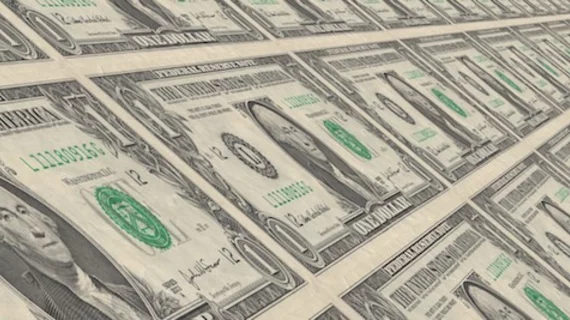AI in medicine market could hit $18.1B by 2025
The AI in medicine market generated $719 million in 2017 and could hit $18.12 billion by 2025, according to a new report from Big Market Research.
The report also anticipates a compound annual growth rate (CAGR) of 49.6 percent. The hardware segment of the market is expected to have a CAGR of 51.3 percent.
In addition, according to the report, natural language processing should “continue its dominance during the forecast period and generate more than one-third of the overall revenue by 2025.”
“Evolving capability of AI, the need to compensate for lack of skilled professionals in healthcare, and growing awareness regarding the benefits of personalized medicine drive the growth of the global artificial intelligence in medicine market,” according to a statement from the firm. “Additionally, the surge in adoption of AI technology in developing countries is set to provide lucrative opportunities to emerging market players in the near future. However, limitations of AI in critical decision making and slow acceptance of AI by healthcare professionals hamper market growth.”
The full report is available here.
In January, the firm MarketsandMarkets released a report that said the AI in healthcare market would reach $36.1 billion by 2025.

